
December 31, 2020, Tyler, TX – Better Business Bureau serving Central East Texas announces East Texas’ Top Ten Scams of 2020. The Federal Trade Commission’s Consumer Sentinel Network took in approximately 3.2 million reports in 2019 with consumer losses estimated at over $1.7 billion. The 2020 report will be published in the spring of 2021.
“Scam artists are not going anywhere. Unfortunately, during the pandemic, we’ve seen them become more aggressive,” Mechele Agbayani Mills, President and CEO of BBB Serving Central East Texas said. “Whether it’s online or over the phone, we must remain vigilant when it comes to protecting personal and financial information.”
The following list includes East Texas’ most reported scams and suspicious activities of 2020 via BBB Scam Tracker:
- Phishing/ Smishing/ Vishing. The victim receives an email (phishing), phone call (vishing)or text message (smishing). In the communication, the scammer urges the target to click a link, share information, or download an attachment which likely contains malware. In the case of an email or text, the link frequently leads to a form, which prompts the target to enter personal information.
- Sweepstakes/Lottery/Prizes. Winning the sweepstakes, dream vacation, large amounts of money, a new car, shopping spree or new technology sounds great especially if you didn’t enter to win. Unexpected prize and lottery scams rely on your excitement to lure you into paying fees for your prize or and typically require that you provide your personal information with the intent of compromising your identity. Remember, you should never have to pay fees for winning a prize. You will also never win a lottery you never entered.
- Identity theft. While scammers certainly want access to your finances, also valuable are your Social Security number, debit/credit card info, pin numbers, passwords, and any other items containing your personal information. If this sensitive information falls into the hands of a criminal, it may be used to steal your identity. It’s important to be extremely protective of your personal information online, via text, on the phone and in person.
- Online purchase scams. It may seem as if some of the best deals many be found online, but use caution. It’s easy for a scammer to hijack photos from a legitimate retailer and post prices which seem too good to be true. Make sure you are dealing with a legitimate seller who has a history of conducting business ethically by going to bbb.org.
- Government Grant. Victims receive a phone call, email or letter stating they qualified for a government grant, but to receive the grant you must pay the processing and/or delivery fee via wire transfer or prepaid debit card. In East Texas, some consumers reported receiving a message to claim a government grant via a friend’s (hacked) Facebook Messenger account. Remember, the government does not award grants for which there has been no application. Go to usa.gov for additional information on the grant application process.
- Fake Internal Revenue Service (IRS) Agents. In 2020, Scammers posing as IRS agents contacted consumers either claiming they could help them expedite stimulus checks or that they owed back taxes and threaten lawsuits and arrest if payment is not sent immediately. Keep in mind, the IRS does not make threatening phone calls, nor do you send payment via unconventional methods such as gift cards or wire transfer.
- Tech Support. Consumers are being targeted by fraudsters pretending to be well-known tech support companies. Victims are contacted with a message on their computer that a virus has been detected and to “fix” the problem, a phone number or website is given to purchase an anti-virus computer via debit or credit card. Computer manufacturers will not contact you to let you know if there is a problem with your computer.
- Bogus Employers. Scammers advertise a job opening or guarantee job placement if you pay a fee to cover the cost it takes to place you in a job. However, after you pay, there’s no job and you are out of money. Remember, if a potential employer asks you to pay the company to cover the costs of testing, training or background checks, consider it a red flag.
- Debt Collection. Consumers report receiving harassing calls and/or calls for debts which are not owed. Remember, there are debt collection process rules in place to prevent unethical collection business practices. Review the rules of the Fair Debt Collection Practices Act (FDCPA) on the Federal Trade Commission’ s (FTC) website. Report violations to bbb.org, FTC, the state Attorney General’s office, and the Consumer Financial Protection Bureau (CFPB).
- Fake Checks. While consumers may write fewer checks in this era of electronic financial transactions, fake check scams continue to be an issue. While used in a variety of frauds, from employment scams to prize and sweepstakes fraud, in all cases, victims deposit the check and send money back to scammers.
What you can do:
- Don’t be pressured into making hasty decisions.
- Take time to research every organization you do business with by going to bbb.org.
- Never provide your personal information (address, date of birth, banking information, ID numbers) to people you do not know.
- Don’t click on links from unsolicited email or text messages.
- If you are unsure about a call or email that claims to be from your bank, utility company, etc., call the business directly using the number on your bill or credit card.
- Never send money by wire transfer, prepaid debit card or unconventional method to someone you don’t know or haven’t met in person. Use a credit card and always reconcile your statements.
- Never send money for an emergency situation unless you can verify the emergency.
BBB serving Central East Texas fosters a trustworthy marketplace by maintaining standards for truthful advertising and by investigating and exposing fraud against consumers and businesses. Please go to bbb.org or call 903-581-5704 24 hours a day for information on businesses throughout North America. To report fraudulent activity or unscrupulous business practices, go to BBB Scam Tracker.
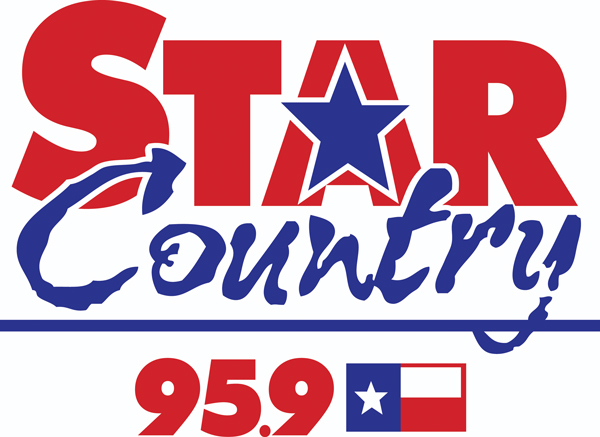
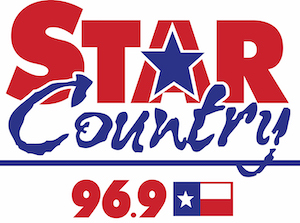


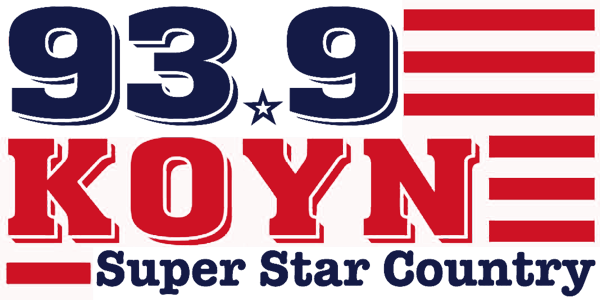
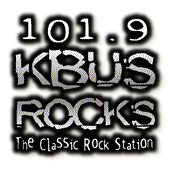
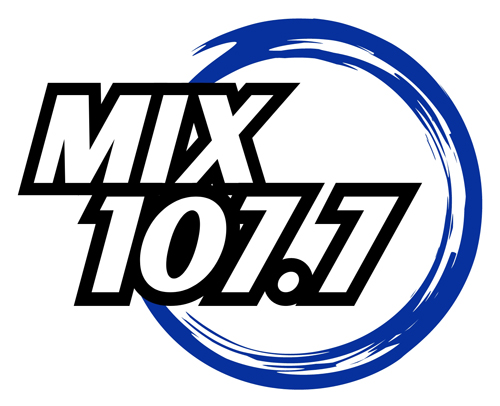

 EastTexasRadio.com Powered by Ten Stations
EastTexasRadio.com Powered by Ten Stations




